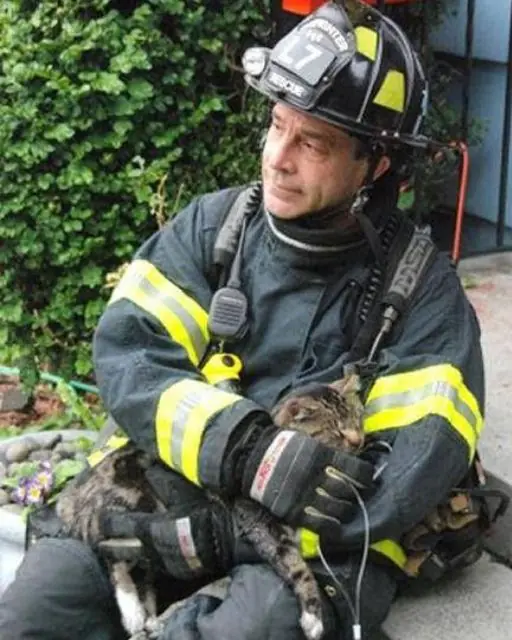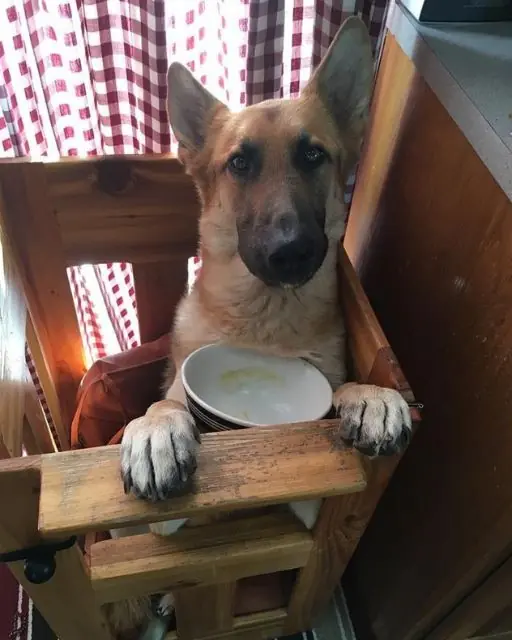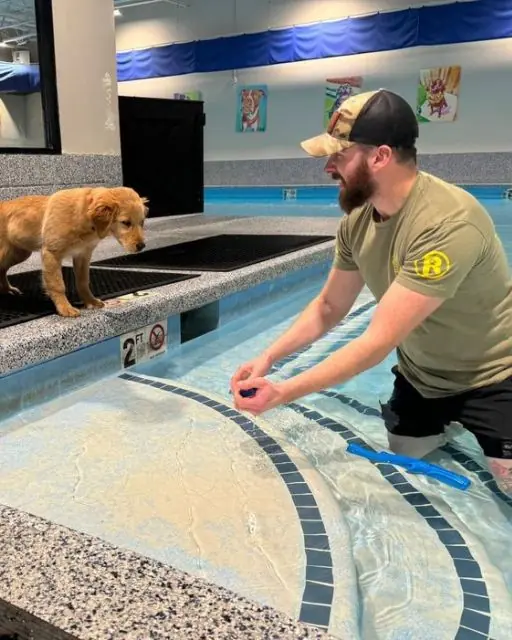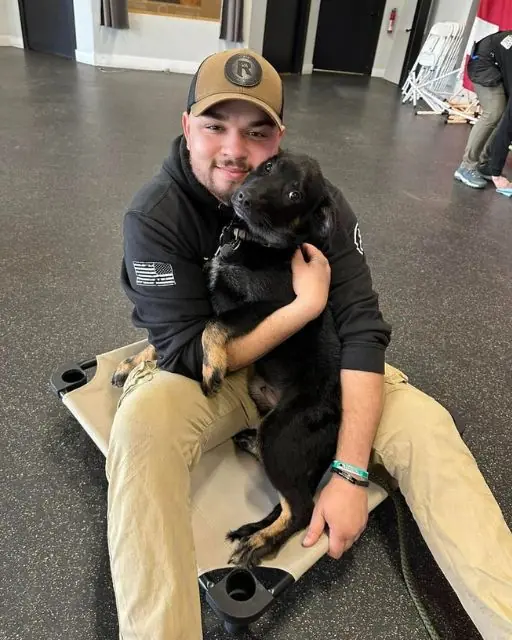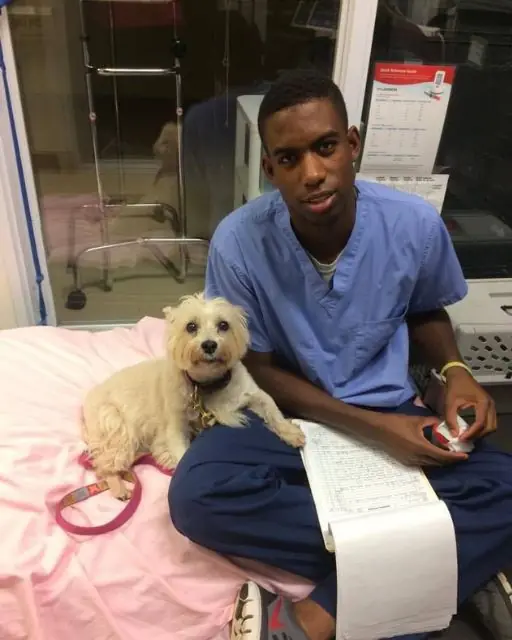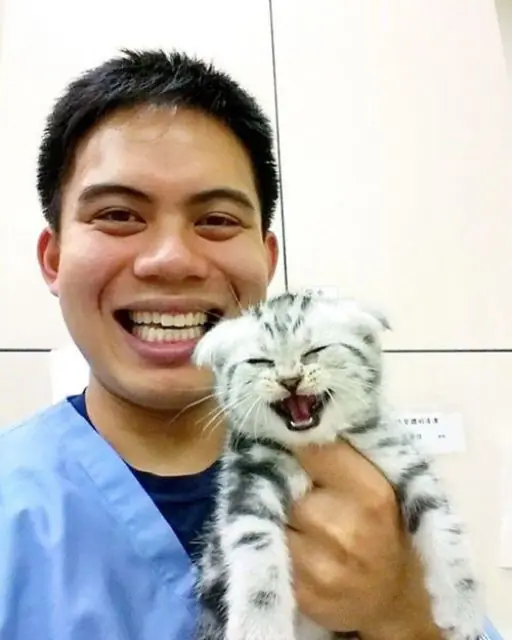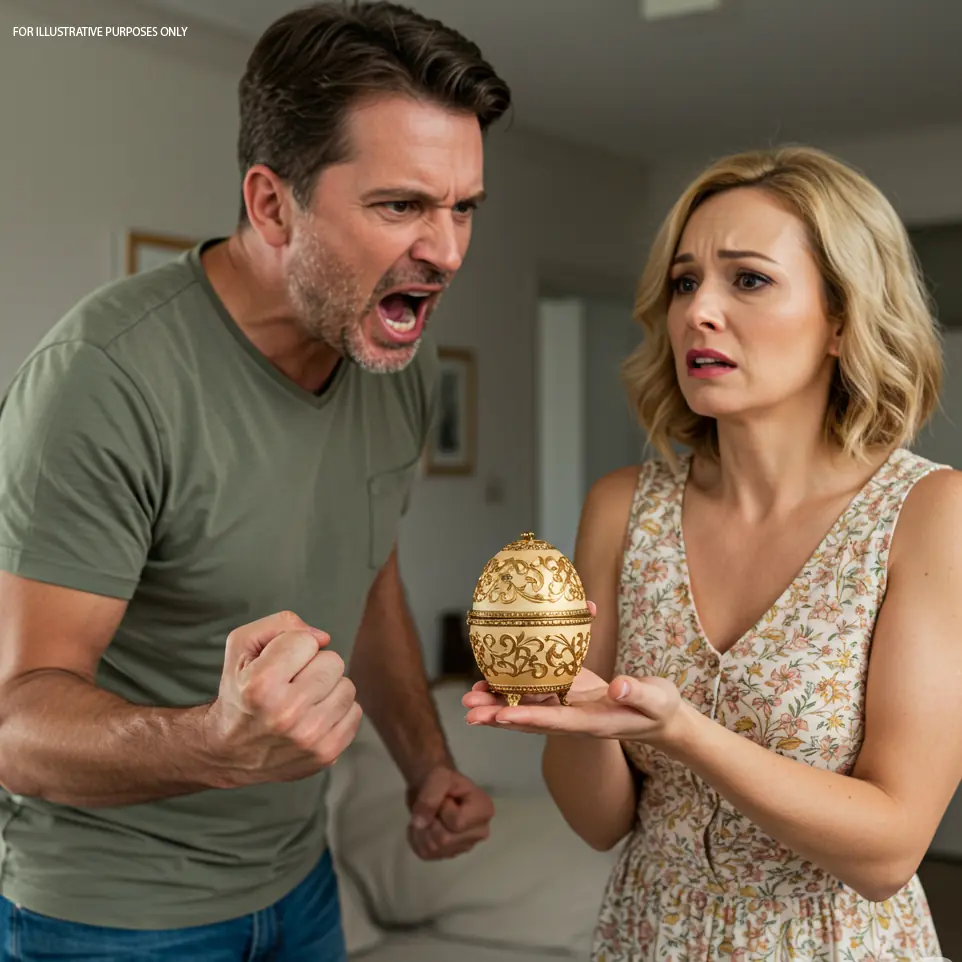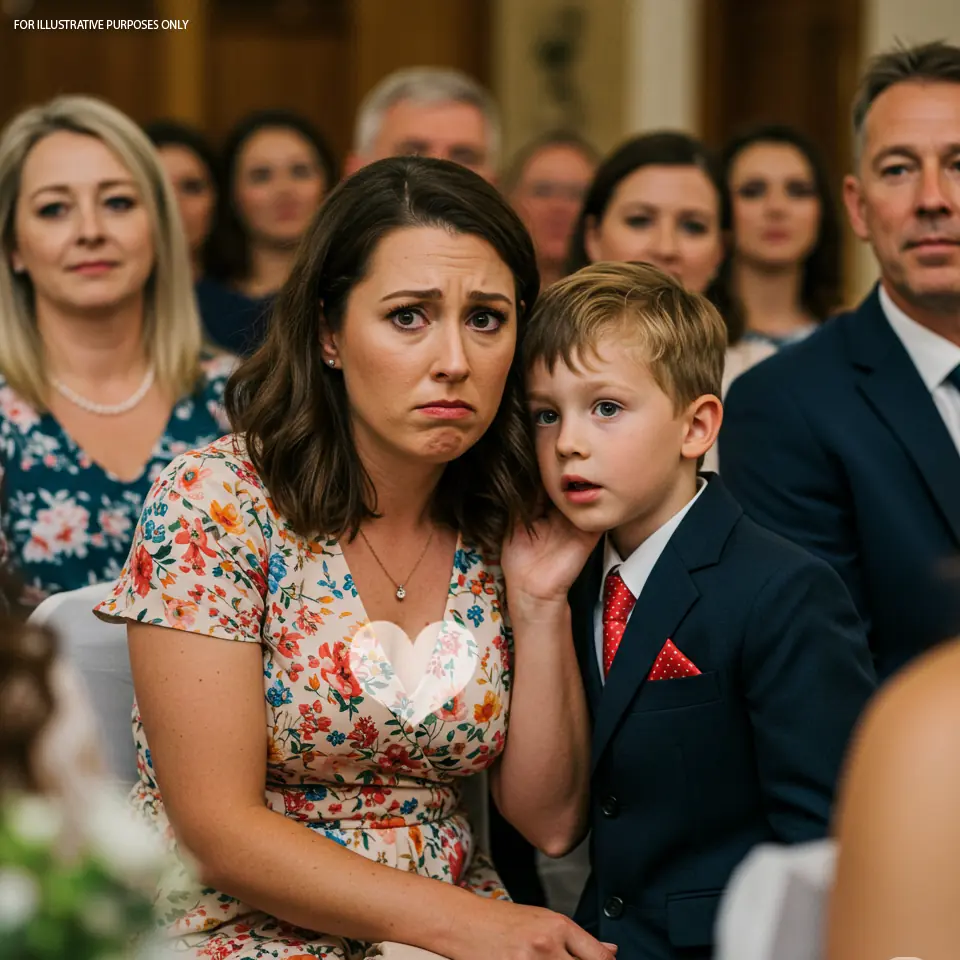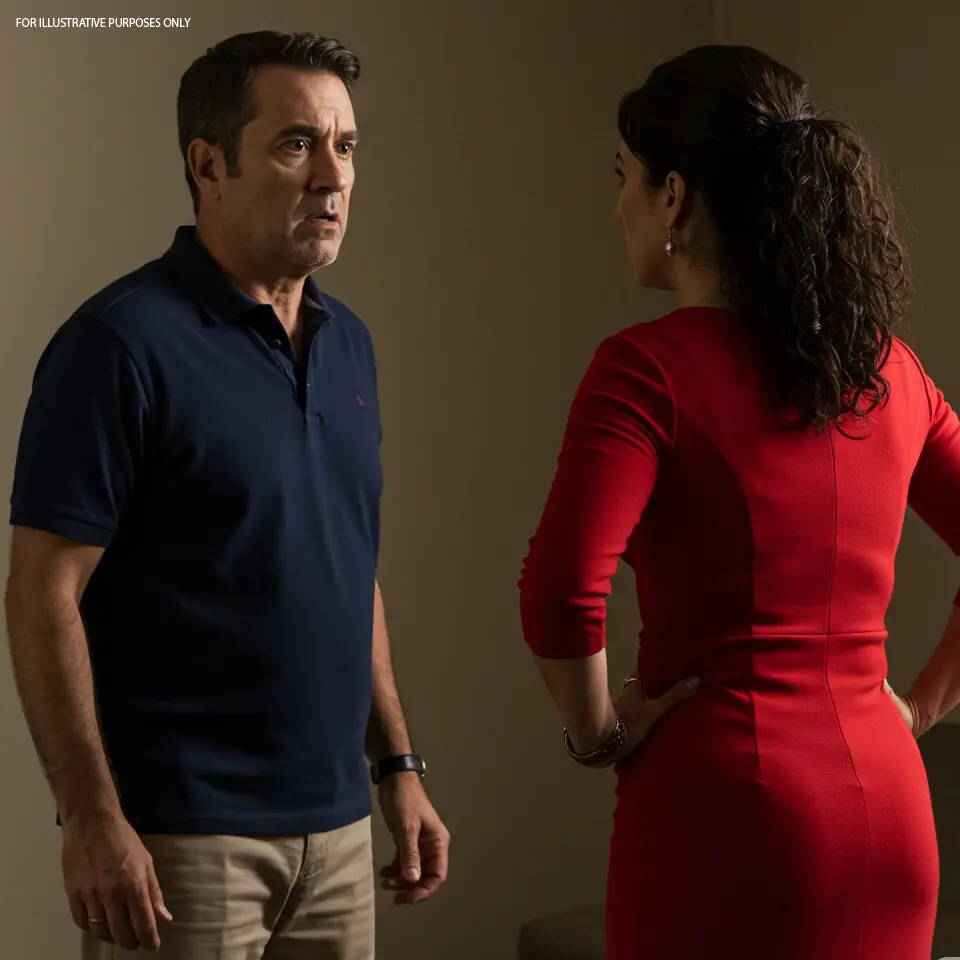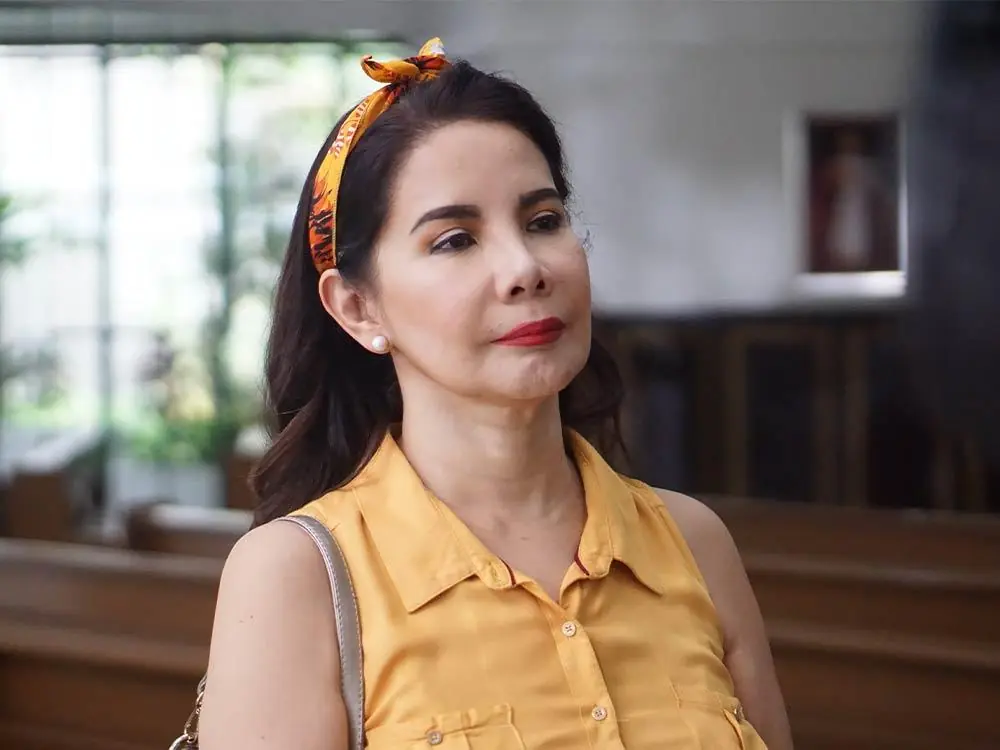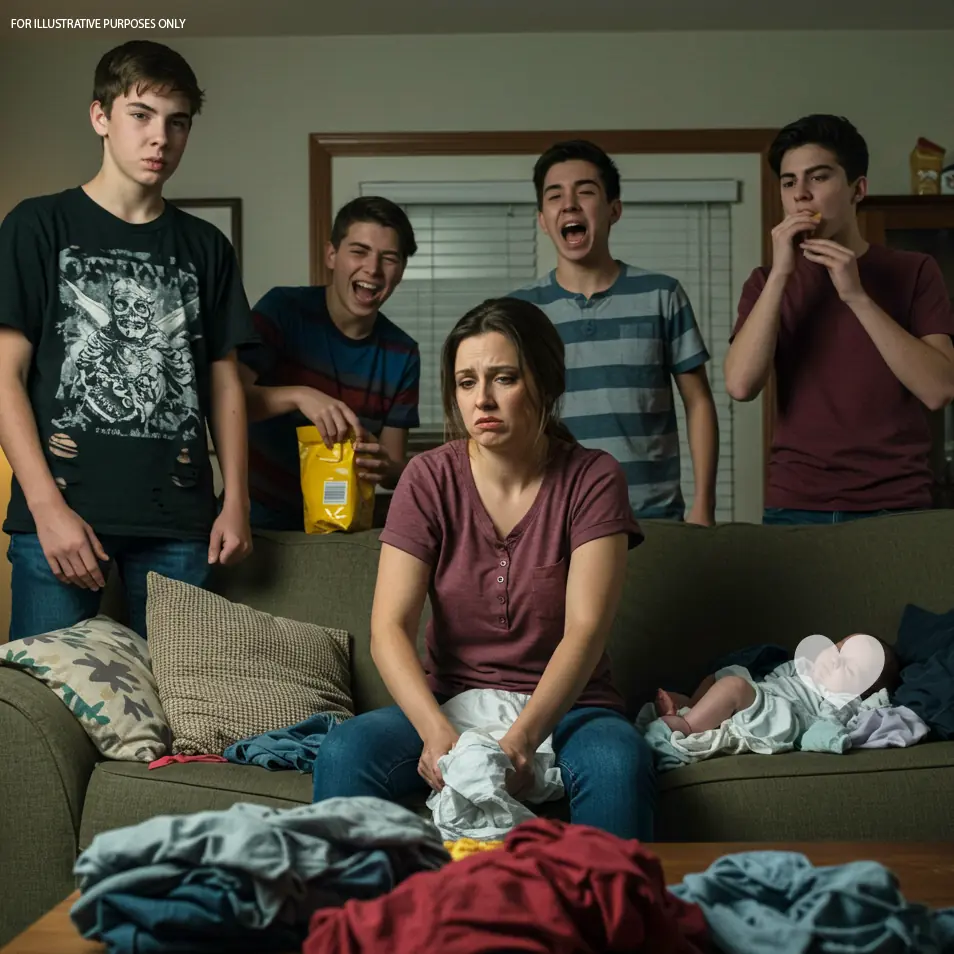
My name is Tiara, and for years, I believed that love was all about doing everything myself so no one else had to. I kept the house spotless, filled the fridge, made sure the baby was fed, got the teenager (barely) out the door on time, and did my best to keep my husband from collapsing after long, exhausting days at construction work.
I thought that was enough.
But then one day, my own son laughed at me—with his friends. That’s when it hit me: I’d spent so long being the glue holding everything together that being needed had quietly turned into being taken for granted.
I have two sons.
Elon is 15, a typical teenager with restless energy that cuts both ways. Moody, distracted, glued to his phone, and obsessively fussing over his hair—but still, deep down, my boy. Or at least he used to be. Lately, he barely looks my way. Conversations are met with grunts, sarcasm, and heavy sighs. If I’m lucky, a “Thanks” muttered under his breath.
And then there’s Nanson, my six-month-old whirlwind of sleepless nights and unpredictable moods. He wakes at all hours—2 A.M., 4 A.M., who knows when—craving feeds, cuddles, or whatever strange baby logic governs those moments. I often rock him in the dark, wondering if one day he too will see me as just part of the furniture.
My husband, Richard, works tirelessly in construction. He’s worn out, fatigued, and comes home expecting a hot meal and a foot massage. Somehow, he’s grown too comfortable.
“I bring home the bacon,” he says nearly every day like it’s a badge of honor. “You just keep it warm, Tiara.”
He says it with a smirk, like it’s all a joke.
But I don’t laugh anymore.
At first, I chuckled along, thinking it was harmless—just men being men, joking around. But words carry weight, especially when they echo daily. Those jokes started burrowing deep beneath my skin.
Elon hears them. Absorbs them. And recently, he’s parroted them back with the full teenage smugness that only fifteen-year-old boys can pull off: half mockery, half certainty, as if he’s cracked life’s secret code.
“You don’t work, Mom,” he sneered one day. “You just clean. That’s it. And cook, I guess.”
“Must be nice to nap with the baby while Dad’s out busting his back.”
“Why complain you’re tired, Mom? Isn’t this what women are made for?”
Each barb hit like a sharp dish smashing on the floor—loud, jarring, and utterly uncalled for.
And what do I do? Stand there, elbow-deep in spit-up, hands soaked in soapy water, wondering how I became the family’s easiest target for mockery.
When did my life turn into a p:u:nchline?
It feels like being background noise in a life I built with my own hands.
Last Thursday was the breaking point.
Elon had invited two friends over after school. I’d just finished feeding Nanson and was changing him on a blanket spread out on the living room floor. His tiny legs k!cked happily while I tried to fold a mountain of laundry, balancing it all in one hand.
In the kitchen, I heard the scrape of stools and rustling of snack wrappers. The boys were hungrily devouring the snacks I’d laid out earlier, oblivious to the work behind the scenes.
I wasn’t listening, really—just exhausted, my ears tuned out like the hum of traffic.
Then I caught it—the careless, loud laughter of teenage boys reveling in mockery.
“Dude, your mom’s always cleaning or doing kitchen stuff.”
“Yeah, Elon. It’s like her whole personality is a Swiffer commercial.”
“At least your dad works. How else would you get new games for your console?”
The words landed like slaps. I froze, mid-fold. Nanson babbled happily beside me, unaware.
And then Elon himself, my own son, said something that twisted my insides.
“She’s living her dream, guys. Some women like being maids and cooks.”
The laughter was immediate. Harsh and heartless. Like glass shattering in my chest.
I didn’t move.
Nanson’s dirty onesie hung limply in my hands. The heat flushed my cheeks, ears, and chest. I wanted to scream. To throw the laundry basket and let socks and spit-up cloths fly like protest flags. I wanted to shout at every boy in that kitchen.
But I didn’t.
Because yelling wouldn’t teach Elon what he needed to learn.
So I stood up. Walked into the kitchen. Smiled so wide my cheeks ached. And handed them another jar of cookies.
“Don’t worry, boys,” I said, voice sweet and calm. “One day you’ll learn what real work looks like.”
I turned and returned to the couch. Sat down. Stared at the laundry pile. The onesie still draped over my arm. The roaring silence in my ears.
That was the moment I made a decision.
Not out of anger. But out of clear, cold resolve.
What Richard and Elon didn’t know—what no one knew—was that for eight months, I’d been quietly building something just for me.
It began in stolen moments of quiet. When Nanson napped, instead of collapsing on the couch or scrolling my phone, I opened my laptop.
Carefully. Secretly. Like sneaking away from a life everyone expected me to accept.
I found freelance work—small gigs translating stories and blog posts. Not much, twenty or fifty dollars here and there, but it was mine.
I taught myself new skills, clicking through tutorials late at night, reading grammar guides when Nanson slept on my chest, editing with one hand while warming a bottle with the other.
It was hard. My back ached. My eyes burned. But I did it.
Because it was mine.
Because it belonged to no one else—not Richard, not Elon, not the version of me they thought they knew.
Bit by bit, the money added up. And I didn’t spend a dime—not on groceries, bills, or even the washing machine that broke last month.
I saved every cent.
Not for frivolity.
For escape.
For one week of silence.
One week without the endless shouts of “Mom!” through a locked door.
One week without a man who thought his paycheck entitled him to respect.
One week to find myself again.
I told no one.
Not Richard. Not my sister, who’d surely try to talk me down.
“You’re being dramatic,” she’d say. “This is your husband and son!”
But it wasn’t drama. It was survival. Proof that I was more than a caretaker—I was a person. And I was taking back my life, even if only for a while.
Two days after Elon’s cruel joke, I packed a diaper bag, grabbed Nanson’s sling, and booked a cabin in the mountains. I didn’t ask permission. I didn’t tell Richard.
I left a note on the kitchen counter:
Took Nanson to a cabin for a week. You two figure out who’s cleaning and cooking. Love, Your Maid.
The cabin smelled of pine and quiet.
I walked forest trails with Nanson bundled to me, his tiny fingers gripping my shirt.
I sipped coffee while it was still hot.
I read aloud just to hear my own voice doing something other than calm or correct.
When I returned, the house was chaos.
Empty takeout boxes. Laundry towers. Snack wrappers like landmines. A sour, despairing smell.
Elon opened the door with dark circles under his eyes, his hoodie stained.
“I’m sorry,” he muttered. “I didn’t know it was so much. I thought you just wiped counters, Mom.”
Richard stood behind him, stiff and worn out.
“I said things I shouldn’t have,” he admitted quietly. “I didn’t realize how much you did.”
I said nothing. Just kissed Elon’s head and walked inside.
The silence after that was better than any apology.
Since then, things have changed.
Elon does his laundry now. No grumbles. No sighs. Just doing it. Sometimes I find the laundry folded (messily, but folded) by his bedroom door.
He loads and unloads the dishwasher, sometimes humming softly.
He makes tea for me in the evening, without fuss, just quietly setting it down. Sometimes he lingers for a minute, awkward but sweet.
Richard cooks twice a week. No speeches. No grand gestures. Just quietly preparing dinner. Once, he even asked where the cumin was.
I watch him over my coffee, wondering if he knows how rare it is that he asks instead of assumes.
They say thank you now. Not loud, performative thanks, but quiet, real ones.
“Thanks for dinner, Mom,” Elon says.
“Thanks for the groceries, Tiara,” Richard says.
And me?
I still clean. Still cook. But no longer to prove my worth. I do it because this house is mine, too.
Because now, I’m not the only one keeping it running.
I still translate and edit articles, every single day. I have real clients now, proper contracts, proper pay. It’s my work—mine.
Because when I left, they learned.
And now I’m back—on my own terms.

 My name is Tiara, and for years, I believed that love was all about doing everything myself so no one else had to. I kept the house spotless, filled the fridge, made sure the baby was fed, got the teenager (barely) out the door on time, and did my best to keep my husband from collapsing after long, exhausting days at construction work.
My name is Tiara, and for years, I believed that love was all about doing everything myself so no one else had to. I kept the house spotless, filled the fridge, made sure the baby was fed, got the teenager (barely) out the door on time, and did my best to keep my husband from collapsing after long, exhausting days at construction work.
